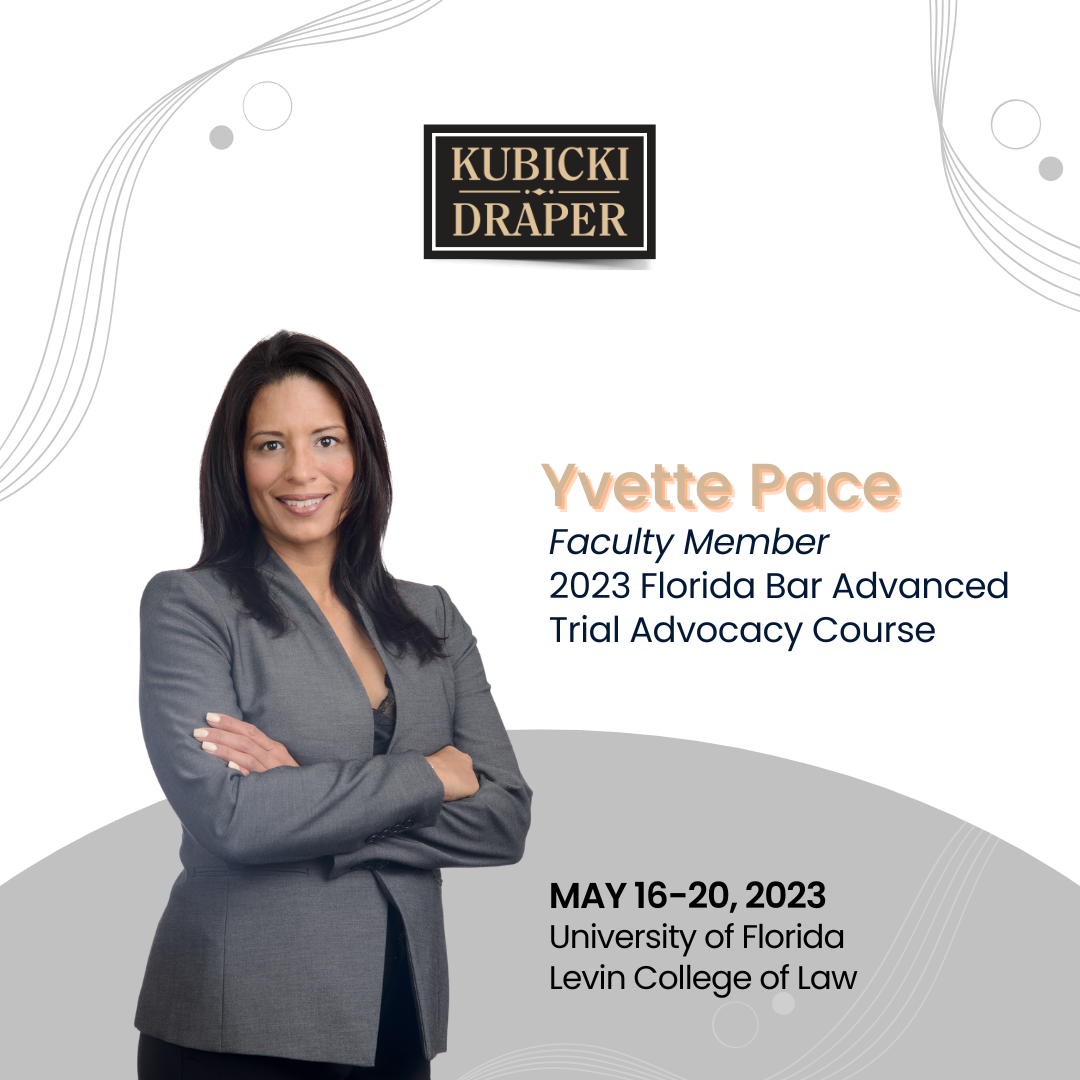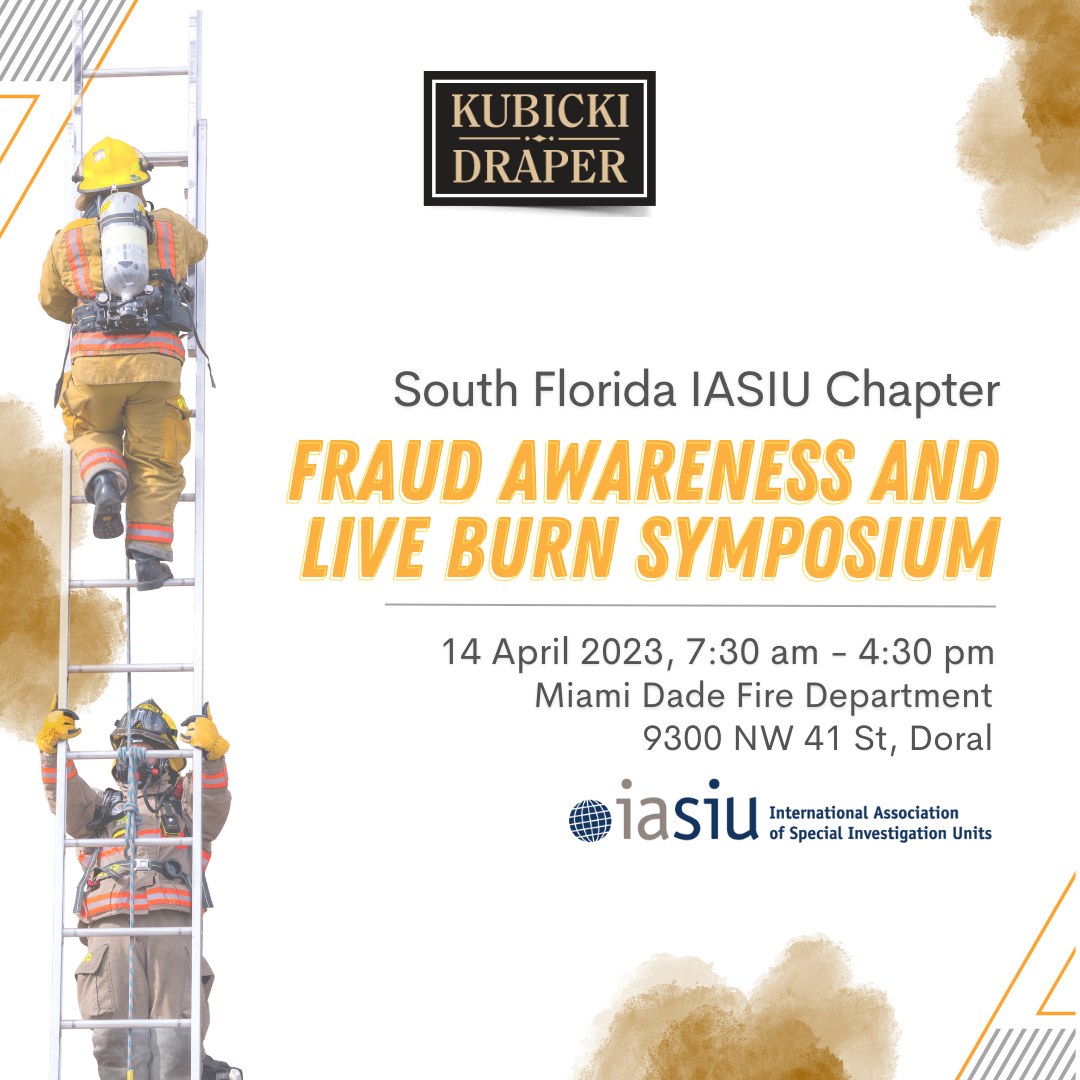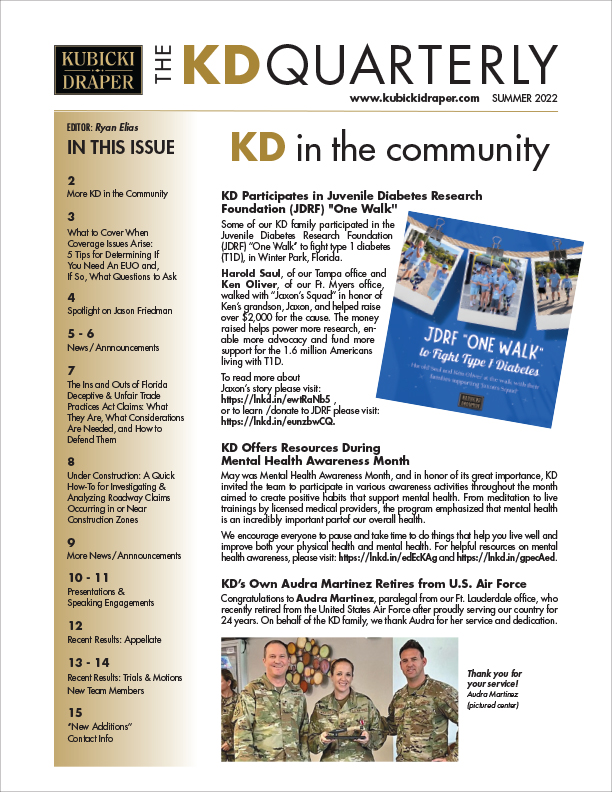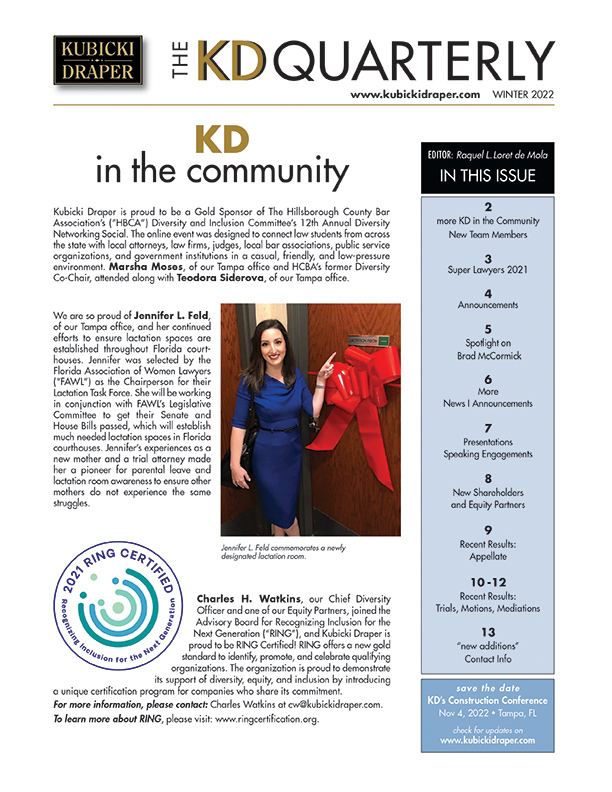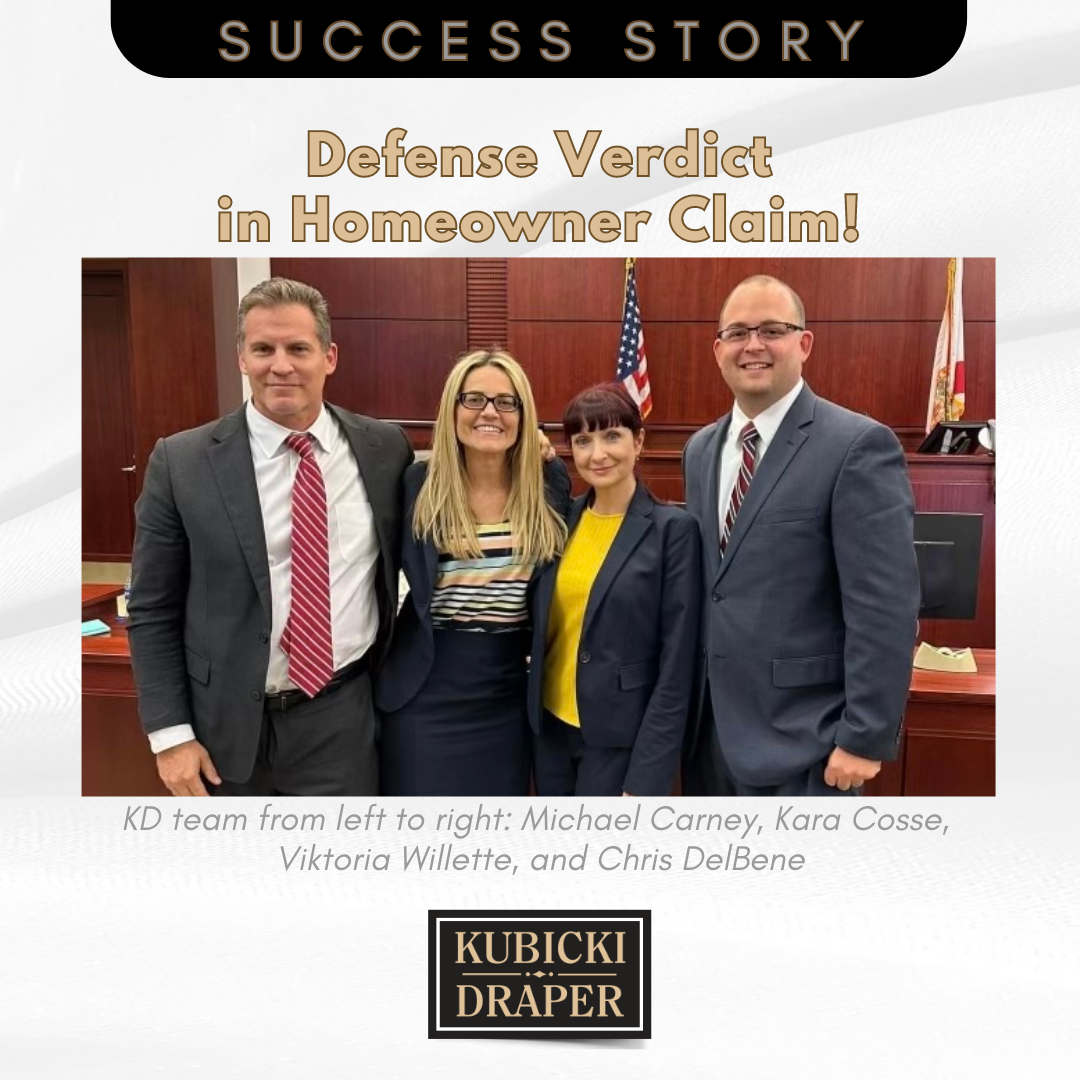A little Perspective
Florida was first “discovered” and claimed for Spain by Ponce de Leon in 1513. Two other countries, England and France, as well as Native Americans fought for control of the territory. England initially gained it in the first Treaty of Paris signed in 1763 but the territory was inexplicably returned to Spain in the second Treaty of Paris signed at the end of the Revolutionary War–twenty years later. Florida was ultimately ceded to the United States in 1819. The Florida territory was not admitted to the Union as the State of Florida for over 25 years.
In 1845, Florida became the 27th state to join the United States. At that time, Florida’s population was approximately 70,000 individuals primarily living near Tallahassee and neighboring counties with established cotton plantations. Florida inherited most of its legal principles from English law–its “Common Law” in effect on Independence Day, July 4, 1776. A very “primitive” Supreme Court of Florida was established when the state first became a member of the Union.
The Present Florida Court System
The Florida court system has had a very controversial history, but we’ll save that for another day. Florida presently has a four-tiered system of courts in contrast to the three tiers employed by the federal courts.
County Courts
This is the lowest tier of the Florida court system. There are sixty-six (66) county courts in Florida–one for each county. Often the earlier Florida county courthouses were built in the town square like many other courts in other southern states. Many were stately buildings with dome-tops and massive columns. An example is Gadsden County’s courthouse in Quincy, Florida which has been in continual use since 1827.
County courts are trial courts only. Their jurisdiction generally includes:1
a. All civil actions in which there is less than $15,000 in controversy not including interest, costs and attorney’s fees,
except those actions which are within the exclusive jurisdiction of the circuit courts. Therefore, actions for PIP
benefits are generally filed in county court.
b. “all misdemeanor cases not cognizable by the circuit courts;”
c. “violations of municipal and county ordinances;”
d. certain disputes involving home owners’ associations and landlord/tenant actions within the courts’ jurisdictional
limits; and
e. the determination of the right to possession of real property and the enforceable or unlawful detention of lands
and tenements, etc.
The Circuit Courts
There are twenty (20) circuit courts in Florida, which serve as both trial courts and appellate courts for appeals from county courts. As trial courts, they have general jurisdiction over matters not specified by statute to the county courts. Some counties are so large that they merit their own circuit court, e.g., Dade County and Hillsborough County. Those circuit courts have appellate jurisdiction over their one county. Many circuit courts are comprised of multiple county courts, and those circuit courts hear appeals from the county courts within their jurisdiction.
The jurisdiction of the circuit court generally includes: 2
a. Actions at law where the matter in controversy is $15,000 or more, exclusive of interest, costs and attorney’s fees;
b. “original jurisdiction not vested in the county court;”
c. Jurisdiction of appeals when provided by law;
d. Jurisdiction to issue writs of mandamus, quo warranto, certiorari, prohibition, etc.;
e. Jurisdiction over felonies and certain misdemeanors, etc.
District Court of Appeal
Until the late 50's, the Supreme Court of Florida heard all appeals in the state. The supreme court became very congested, and Florida’s Constitution was revised to provide for intermediate appellate courts–the district courts of appeal. Originally, there were only three district courts. Since that time, two additional district courts of appeal have been added. The five district courts of appeal are located in Tallahassee, Lakeland, Miami, West Palm Beach and Daytona Beach. Usually, the district courts of appeal are the courts of final resort, as the Supreme Court of Florida has very limited jurisdiction. Thus, most litigated cases end with review by the district courts of appeal
Jurisdiction of the district courts of appeal include:
a. Civil Jurisdiction of the District Courts of Appeal as a Matter of Right:3
1) Jurisdiction to hear appeals that may be taken as a matter of right from final judgments or orders of a trial
court usually circuit court orders); and
2) Jurisdiction to hear certain appeals from non-final orders as listed in rule 9.130, Florida Rules of Appellate
Procedure including, but not limited to, non-final orders which determine: jurisdiction of the person;
entitlement of a party to arbitration or to an appraisal under an insurance policy; that, as a matter of law,
a party is not entitled to workers’ compensation immunity; that a class action should be certified.
b. Discretionary Jurisdiction of the District Courts of Appeal:
1) questions certified by the county court as involving as a question of great public importance;
2) second-tiered certiorari to review appellate decisions of the circuit court–a very high standard must be met;
3) certiorari from interlocutory orders entered by the trial court (such as discovery orders);
4) issuance of writs of mandamus, quo warranto, certiorari, prohibition and habeas corpus (criminal proceeding): 4
The First District Court of Appeal has jurisdiction over the 1st, 2d, 3d, 4th, 8th and 14th circuit courts. The Second District court of Appeal has jurisdiction over the 6th, 10th, 12th, 13th, and 20th circuits. The Third District Court of Appeal has jurisdiction over the 11th and 16th circuits (Dade and Monroe counties). The Fourth District Court of Appeal has jurisdiction over 15th, 17th and 19th circuits. Finally, the Fifth District Court of Appeal oversees the 5th, 7th, 9th and 18th Circuits.
The Supreme Court of Florida5
This is the highest court in the state dating back to 1845 when the state was sparsely populated continuing today with its opinions affecting the entire state and, sometimes the entire nation. The supreme court is comprised of seven judges called “justices.” Unless recused, all seven judges entertain every appeal.
The supreme court’s direct jurisdiction is quite limited and includes: (1) decisions of district courts of appeal which declare invalid a state statute or provision of the state constitution; (2) final orders imposing death sentences; and as provided by general law, final orders in proceedings for validation of bonds or certificates of indebtedness, and actions of statewide agencies related to rates or service of electric, gas, or telephone service utilities.
The supreme court has discretionary jurisdiction to review decisions of district courts of appeal that:
(1) Expressly declare valid a state statute; expressly construe a provision of the state or federal constitution;
(2) expressly affect a class of constitutional or state officers;
(3) expressly and directly conflict with a decision of another district court of appeal or of the supreme court on the same question of law;
(4) pass upon a question certified to be of great public importance;
(5) is certified to be in direct conflict with decisions of other district courts of appeal.
The supreme court also has discretionary jurisdiction to review orders and judgments of trial courts certified by the district court of appeal in which the appeal is pending to require immediate resolution by the supreme court, and involves an issue of great public importance; or an issue which will have a great effect on the proper administration of justice. In addition, the high court has jurisdiction to review questions of law certified by the Supreme Court of the United States or a United States court of appeals that are determinative of the cause of action and for which there is no controlling precedent of the Supreme Court of Florida.
JUDICIAL SELECTION SYSTEMS AND MADATORY RETIREMENT
County and circuit court judges are elected by popular vote. The judges have six year terms so they come up for reelection when their term ends.
Florida’s governor appoints new district court of appeal judges and supreme court justices from a list of three to six names submitted by a Judicial Nominating Commission. A year after their appointment, the names of new appellate judges are submitted to the voters who answer the question of whether the new judge should be retained–this requires a “yes” or “no” answer on the ballot. The merit retention vote of newer supreme court justices involve a state-wide race. The merit retention of district court of appeal judges are decided by voters who reside in the area governed by the specific district court on which the jurists sit. If retained the judges have a six year term before they again come up for a merit retention vote.
Under the Florida Constitution, there is a mandatory retirement age for judges. If a judge becomes 70 during the first half of his term, than his or her birthday is the mandatory retirement date. If a judge becomes 70 in the second half of the six-year term, than the judge may remain on the bench until the end of the term.
CONCLUSION
An article addressing the workings of the Florida court system may not provide scintillating reading and indeed may be a good substitute for sleeping medications. However, every good citizen should have a basic understanding of the courts’ jurisdiction and selection processes. Also, if you are involved in claims handling and litigation, knowing your way around the court system can assist in making strategic decisions.
1 See generally § 34.017, Fla. Stat. (2013).
2 See generally § V (b), Fla. Const.
3 For the jurisdiction of district courts of appeal, see generally Art. V, § 4(b), Fla. Const.; Fla. R. App. P. 9.130.
4 We will also save a discussion of the purposes of each writ for another day.
5 See generally Art. V, § 3(b), Fla. Const.

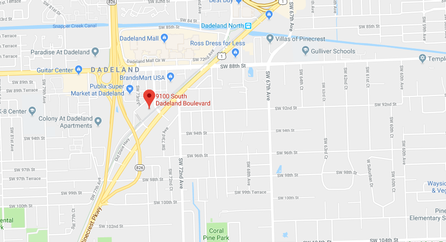
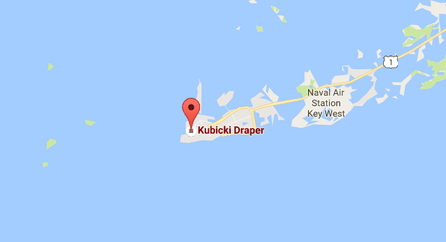
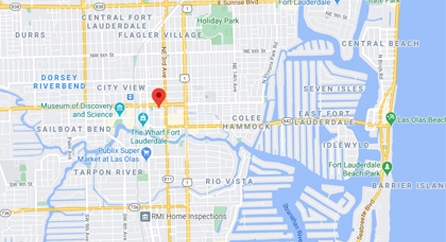
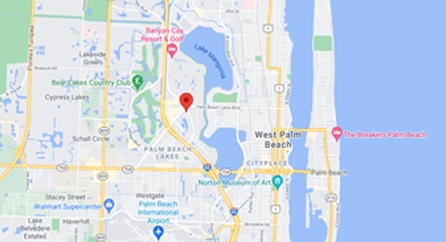
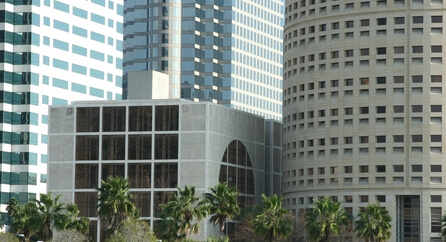
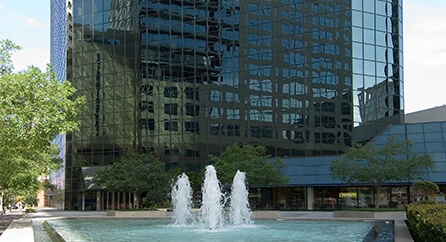
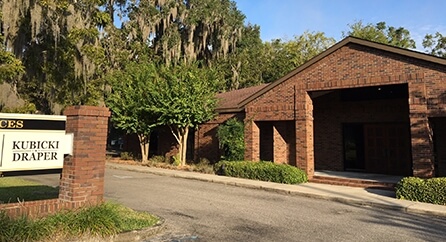
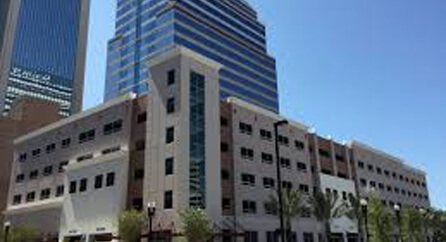
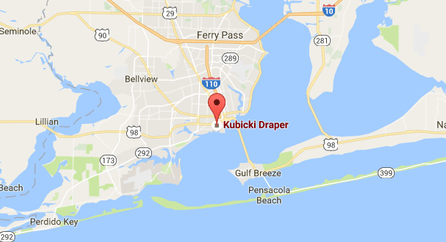
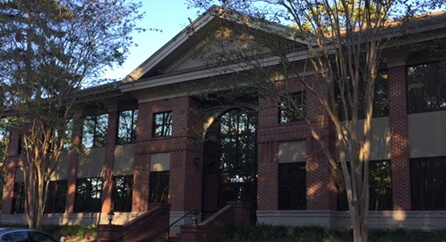
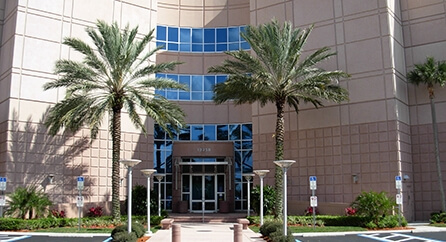
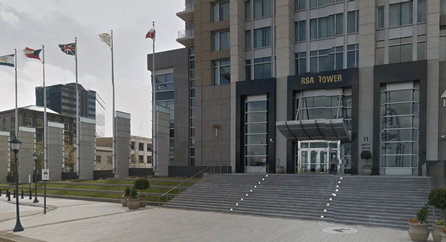
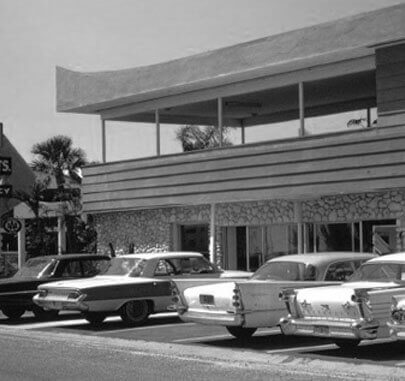



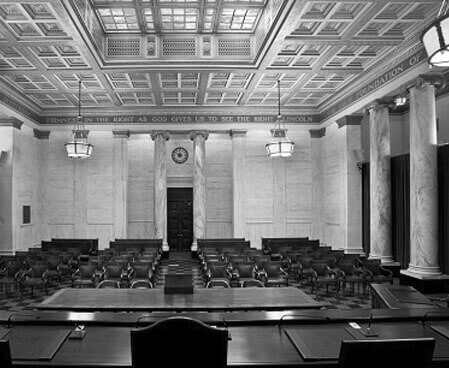


 .png)
